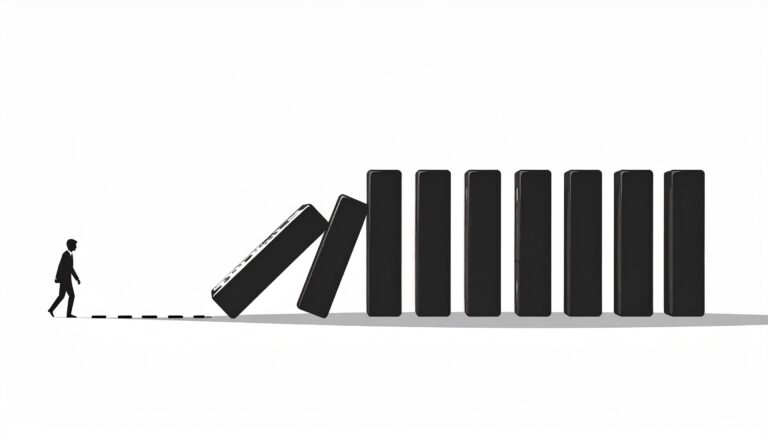French specialty gas maker Air Liquide signs $2.9 bn deal to acquire DIG Airgas from Macquarie
The Breakdown
In a strategic move underscoring renewed confidence in the Korean industrial gas market, Air Liquide has committed $2.9 billion to the 100% acquisition of DIG Airgas from Macquarie Asset Management. As Korea’s No. 3 industrial gas supplier with deep ties to high-tech and advanced manufacturing clients (notably Samsung and SK Hynix), DIG Airgas becomes the platform for Air Liquide’s re-entry after a decade-long absence. This high-stakes transaction—struck amid sluggish demand, shifting sector policies, and global investor competition—signals a pivotal realignment in Asia’s specialty chemical and industrial gas landscape.
Analyst View
Air Liquide’s decision to return to Korea by securing a leading position in the specialty gas value chain is a measured bet on the long-term demand trajectory of Asia’s semiconductor and electronics ecosystems. Even as short-term demand from key customers has softened and the Korean petrochemical sector faces government-driven restructuring, Air Liquide is positioning itself as a partner to some of the industry’s largest and most resilient players.
The robust competitive auction—featuring global contenders—reflects the market’s belief in Korea’s industrial gas fundamentals, despite temporary headwinds. Yet, the timing was critical: investor price expectations were tempered by recent earnings pressure and uncertainty regarding future high-volume, high-purity gas demand in technology segments. The acquisition is not simply a market share play—it is an effort to capture the evolving needs for specialty gases in next-generation manufacturing, as end-user profiles and supply chain requirements shift.
Leader-to-leader negotiations over asset value highlight the increasingly sophisticated calculus facing chemical sector executives: operational scale is no longer a guarantee of market power without agility, local integration, and channel depth. Furthermore, policy risk—currently manifesting as restructuring mandates—requires strategic flexibility in both integration and capital deployment.
Navigating the Signals
Decision makers in specialty chemicals and industrial gases should note that the ability to anticipate sector-specific demand cycles and align with evolving end-market needs is paramount. Integration risks—ranging from operational continuity with large local customers to navigating ongoing policy changes—now demand robust scenario planning and the cultivation of ecosystem partnerships across the value chain.
Executives should proactively question whether their own go-to-market and product portfolios are insulated from cyclical volatility and regulatory overhangs. Are internal investment policies nimble enough to respond to volatility in demand from high-exposure sectors? Is your organization prepared to exploit shifts in technology-driven demand, or will potential new entrants and policy adjustments dictate a reactive, rather than proactive, posture? Only leaders able to critically reassess their channels, customer segments, and value creation models will capture outsized returns during this market transition.
What’s Next?
Breakthrough Marketing Technology supports B2B leaders by equipping their teams with clarity amidst uncertainty. We provide:
- Insight-driven demand scenario modeling to inform capital and acquisition decisions.
- Value chain mapping that reveals points of leverage during sector reshuffling.
- Market receptivity and channel analysis to identify winning approaches for integration and local market alignment.
- Go-to-market guidance rooted in regulatory and customer ecosystem awareness, ensuring readiness for market shifts.
In volatile markets, our strategic frameworks help leaders calibrate their risk and accelerate opportunity capture—whatever the market cycle.
Source
Understand Your Risk. Seize Your Opportunity.
Take the Breakthrough Market Uncertainty Assessment Guide to pinpoint what’s holding your growth back, and what can accelerate it.


